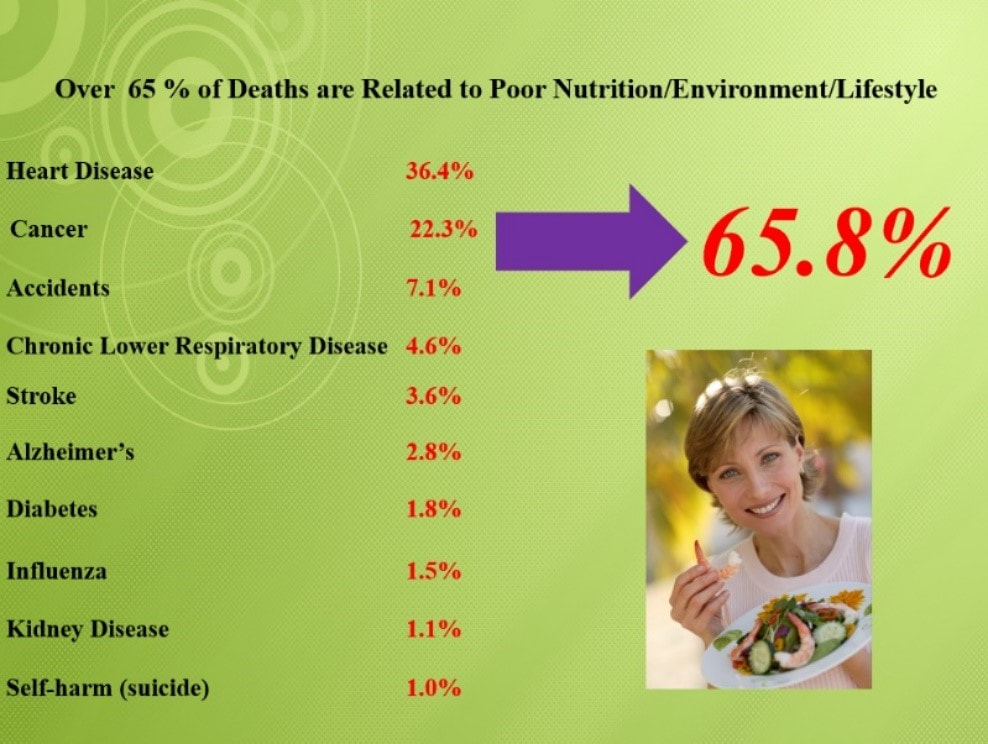|
Low levels of inflammation can be triggered by a perceived internal threat, even when there isn't a disease to fight or an injury to heal, and sometimes this signals the immune system to respond. Thus, white blood cells swarm but have nothing to do and nowhere to go, and they may eventually start attacking internal organs or other healthy tissues and cells. Researchers are still working to understand the implications of chronic inflammation on the body and the mechanisms involved in the process, but it's known to play a role in the development of many diseases. For example, chronic inflammation has been linked to heart disease and stroke. One theory suggests that when inflammatory cells stay too long in blood vessels, they promote the buildup of plaque. The body perceives this plaque as a foreign substance that doesn't belong, so it tries to wall off the plaque from the blood flowing inside the arteries, according to the American Heart Association(AHA). If the plaque becomes unstable and ruptures, it forms a clot that blocks blood flow to the heart or brain, triggering a heart attack or stroke.
Cancer is another disease linked with chronic inflammation. Over time, chronic inflammation can cause DNA damage and lead to some forms of cancer, according to the National Cancer Institute. Chronic, low-grade inflammation often does not have symptoms, but doctors can test for C-reactive protein (CRP), a marker for inflammation in the blood. High levels of CRP have been linked with an increased risk of heart disease. CRP levels can also indicate an infection, or a chronic inflammatory disease, such as rheumatoid arthritis or lupus, according to the Mayo Clinic. Besides looking for clues in the blood, a person's diet, lifestyle habits and environmental exposures can contribute to chronic inflammation. It's important to maintain a healthy lifestyle to keep inflammation in check. |
Archives
April 2022
Categories
All
|


 RSS Feed
RSS Feed